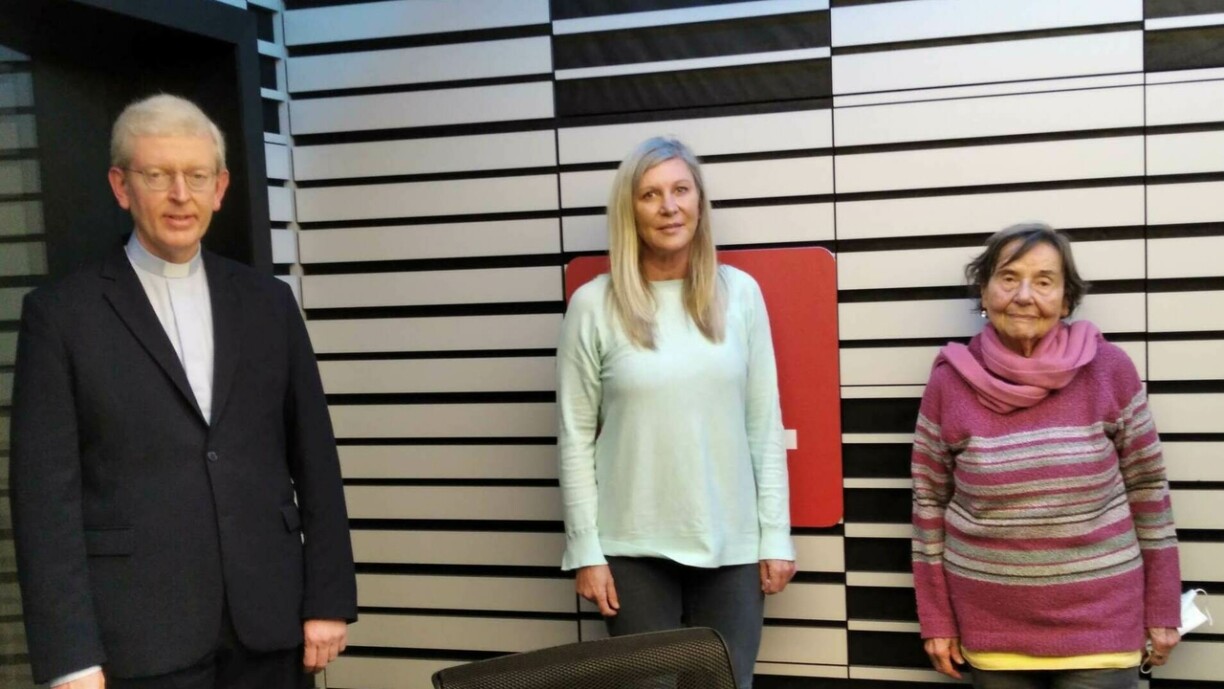
Sexual abuse of children and adolescents is often the start of an ordeal that has the potential to destroy the victims’ lives at a very young age. The recent publication of an expert report in Germany has brought the decade-long abuse in the Catholic Church into the spotlight once more. However, the Catholic Church is just one of many places in society where abuse can occur.
Another example is sport, a sector in which the number of victims is twice as high as in the Catholic and Protestant Church combined, according to a German study. This is one of many reasons why numerous organisations and individuals call for a broader discussion about sexualised violence aimed at children and adolescents.
On Saturday afternoon, our colleagues from RTL Radio hosted a roundtable discussion on the subject with guests Christian Faber, who experienced sexual abuse through the hands of members of the Catholic Church in Luxembourg, Patrick Muller, the vicar general of the Catholic Church in Luxembourg, Psychiatrist Katharina Lemberg-Lichterfeld, who examines potential priest or deacon candidates for the Church, and Nancy Kemp-Arendt, MP for the Christian Social People’s Party (CSV) and former Olympic athlete. Due to a positive rapid test result, Christian Faber participated remotely.
Faber shared the story of how he was abused in a boarding school as a child and criticised that since then “nothing has happened”.
Vicar General Patrick Muller argued that a lot has been done recently. Muller explained that whenever he speaks to former victims of abuse, he notices that such an experience “never goes away”. For this reason, the Vicar General stressed that abuse is “unforgivable” and that further efforts from the state are also needed.
For Faber, it is clear that there should be a neutral point of contact for victims. He also condemned the Church’s practice of destroying evidence, sharing the story of how he attempted to request certain documents only to be told that they had been shredded. For this reason, Faber is in favour of commissioning an independent probe in Luxembourg, such as the one recently carried out in Germany. Faber feels that there is “not enough pressure” at the moment in Luxembourg.
CSV MP Nancy Kemp-Arendt also wants to change this, which is why she has been campaigning against sexual abuse for years. However, Kemp-Arendt pointed out that the issue is present everywhere in society. For the CSV MP, the Church is “holding itself to account”, which she thinks is “a step in the right direction”, even if the report was not done independently. Kemp-Arendt stressed that abuse itself is “of course unforgivable”, adding that she would welcome it if other sectors would also draw up similar reports.
The former Olympic athlete cited sport as an example, pointing out that sport involves a very distinct power dynamic, for instance, when it comes to which athletes are selected to join a training camp abroad.
Psychiatrist Katharina Lemberg-Lichterfeld explained that because abuse is often a breach of a previously established trust between two individuals, it also plays an important role when it comes to uncovering cases of abuse.
Lemberg-Lichterfeld stressed that a child should always be taken seriously when they speak of abuse because children generally do not invent stories like that. However, because the child often has a bond with the culprit, they are manipulated into feeling that what has happened must be normal, the psychiatrist explained.
As such, Lemberg-Lichterfeld continued, it is important not to dismiss what the child is saying. If children feel that they are being branded as liars, they will stop talking which is of course counterproductive if the goal is to uncover abuse, Lemberg-Lichterfeld stated.
The psychiatrist specified that the assessments on paedophilic tendencies she draws up with her colleague are, in principle, valid for ten years. However, Lemberg-Lichterfeld acknowledged that it cannot be ruled out that such tendencies could arise over the course of that time period.
Video in Luxembourgish: